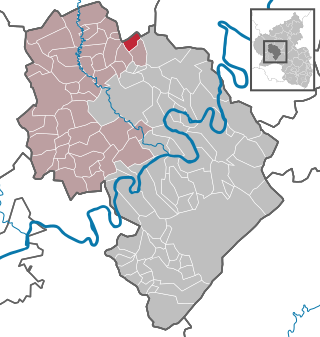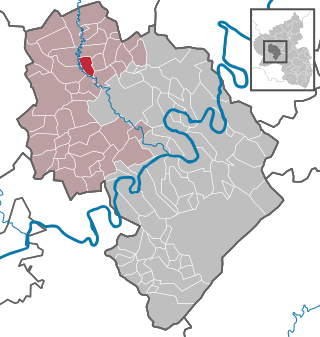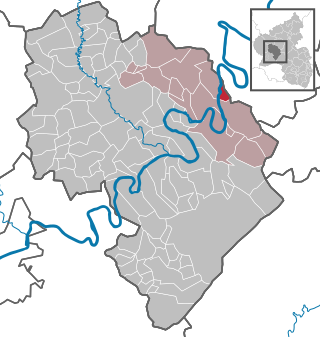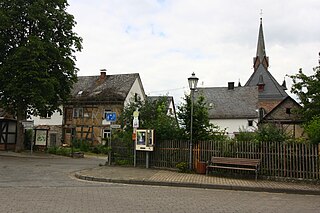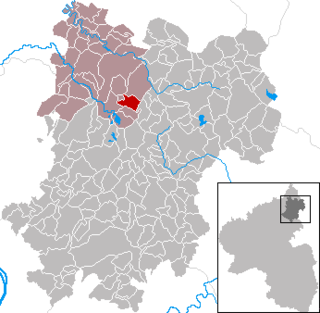Origin



After controversial discussions, the State Advisory Assembly passed the draft constitution on April 25, 1947, and recommended that the population accept it. Ordinance No. 87 of the French occupying forces stipulated that the referendum on the constitution should take place together with the state elections in Rhineland-Palatinate in 1947 on May 18, 1947. In addition to the vote on the constitution as such, a separate vote was held on Section III of the constitution, "Church, Education and Cultural Care". In the event of the constitution being rejected, the newly elected state parliament would have the mandate to draw up a new constitution.
The constitution was approved by 53% of voters with a turnout of 77.7%. The so-called "school articles" (Section III) were approved by 52.4% with a turnout of 77.4%. The vote revealed large regional (and denominational) differences: In the administrative districts of Koblenz and Trier there were large majorities, in Montabaur there were narrow majorities. In the administrative districts of Rheinhessen and Pfalz the constitution was rejected by a majority. The following constitutional questions were controversially discussed:
- In school policy (this was the subject of the separate vote), the question of Christian denominational schools was a key issue. While the CDU demanded that parents be given the freedom to choose between denominational schools and integrated schools (and pushed this through in the draft constitution), the Social Democrats, Communists and Liberals agreed to enshrine combined schools as a unified school in the constitution.
- The Social Democrats rejected the creation of the state of Rhineland-Palatinate and therefore called for the rejection of the constitution. The school article was also rejected. This would allow the Catholic minority in small communities to demand a denominational school. This would effectively make the simultaneous school the denominational school of the Protestant majority.
- The KPD demanded that land reform and the socialization of enterprises be included in the constitution and rejected the constitution because it did not contain these provisions.
- The liberal parties called for the adoption of the constitution but for the rejection of the school articles.In the pastoral letter of the Protestant church leadership of May 8, 1947, and in the pastoral letter of the Catholic bishops of April 27, 1947, the adoption of the constitution and the school article was called for.
The French occupying authorities were negative about the retention of denominational schools due to France's secular tradition. After the Union had made it clear that without the anchoring of denominational schools, the constitution would not receive a majority in the Advisory State Assembly, the occupying power had to accept this constitutional provision and in return forced a separate vote on this provision. [1] The religious schools in Rhineland-Palatinate existed as regular schools until 1968.



